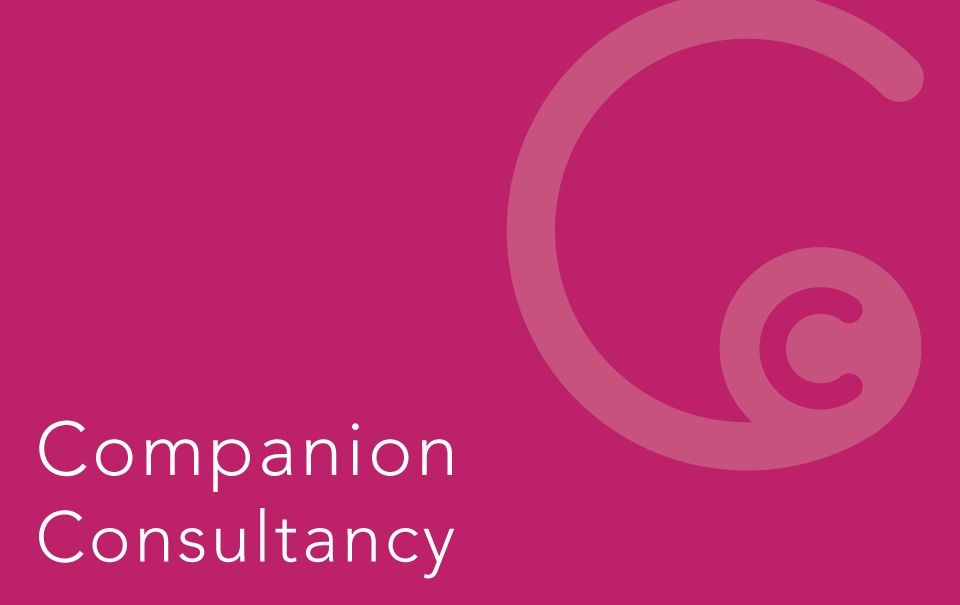
- dvm360 August 2023
- Volume 54
- Issue 8
- Pages: 62
Do women sell their skills differently than men?

Current research shows a gap between what women put on their CVs and resumes versus men
Content submitted by Companion Consultancy, a dvm360® Strategic Alliance Partner
There are many debates around Curriculum Vitae (CV), also referred to as cover letters, and resumes. Should they be 1 page or 2? Is it a good idea to include a photograph? What about hobbies and interests? One topic that isn’t discussed quite so much though is the difference between the CVs of women and men. The academic merit may be on the same level, but the language and syntax used can be markedly different. Is this something that we should be concerned about? Could it be unintentionally holding us back?
A Hewlett Packard internal report found that men apply for a job when they meet 60% of the job criteria, but women apply only if they meet 100% of it.1 Whilst initial conclusions correlated this finding to a lack of confidence in women, later research found that it was not simply a case of low self-esteem, but more that female candidates lacked faith in the recruiters. Put simply, they did not believe that they would be hired.
This research therefore raises 2 important points: that women may be somewhat depleted by years of institutional bias, but also that we may fear failure. Could this present itself in our CVs? Do we err on the side of modesty to avoid setting ourselves up for a fall?
A difference of style
WomenTech Network, a gender diversity platform for the tech industry, reported on a study by Kieran Snyder that compared 550 CVs of male tech workers to the same number of female tech workers.2 It found that the average CV written by a man contained 414 words, whereas those written by women had 745 words. Women also tended to be less specific in the details of their employment history, preferring instead to include an overall summary.
Men, on the other hand, were more inclined to use bullet points in their CV, including 91% of men as opposed to just 36% of women, and provided objective examples of their achievements rather than a general narrative.2
Does it really matter?
The same report suggests that whilst these differences of style are just that – differences – it may hold significance in an industry, such as tech, that is male dominated. Could the same be said for the vet industry? Certainly, we have greater numbers of women working in veterinary practices, but let’s not forget that men still make up the majority of senior and partner roles. In other words, the positions that oversee hiring. This isn’t about molding ourselves to the style of others, however. More that we need to be sure that we aren’t subconsciously selling ourselves short.
WomenTech Network also commented that the tech industry is focused 'on the precise,' and that CVs that copy this style may get noticed more. It could be suggested that the same could be said for veterinary medicine. We produce empirical clinical notes, concise reports, and accurate diagnostic tests. Do we need to present ourselves in a similar format? Certainly, in this day of ‘TL;DR’ (too long; didn't read) it helps the busy recruiter to be able to get to the important details quickly.
But let’s not forget the specific words and phrases we use, either. Anecdotally, women tend to be far more modest in their CVs than men. It’s not uncommon to read a woman describing herself as having ‘some experience’ in a particular area, whereas just the word ‘experience’ is still correct without playing ourselves down unnecessarily.
It’s not just about academic achievement
In an industry where an evidence-based skillset is all important, it’s natural (and necessary) to highlight academic achievement and qualifications. But it’s probably safe to say that every applicant will be qualified for a job that requires it. How can we make ourselves stand out amongst a sea of MRCVS and RVN post-nominals? The art of selling also steps into play here. What can we offer the recruiter that is specific to their organization or practice? Perhaps they are a charity which values a benevolent mindset and ideas for raising donations, or a practice which relies on interaction with the local community. Again, keep the details specific, positive, and confident.
What do we have to lose?
There’s no such thing as failure when it comes to applying for a new role. Sure, we may not get it, but every conversation and interaction are opportunities to network. Each interview is a chance to practice your interviewing technique, and every CV sent out is another person who will be aware of your unique skillset.
The more concise we can be, the better. Now is not the time to doubt our capabilities.
Claire Newton-Ransom, BSc (Hons), is the editor of Veterinary Woman, a resource encouraging women to aspire to be leaders in every area of veterinary influence. She also works for Companion Consultancy, a United Kingdom–based veterinary public relations, marketing, and communications company.
References
- Mohr TS. Why women don’t apply for jobs unless they’re 100% qualified. Harv Bus Rev. Published online August 25, 2014. Accessed May 1, 2023. https://hbr.org/2014/08/why-women-dont-apply-for-jobs-unless-theyre-100-qualified
- Radulovski A. The gender resume gap and how to close it. Women in Tech Network. Accessed May 1, 2023. https://www.womentech.net/blog/gender-resume-gap-and-how-close-it
Articles in this issue
over 2 years ago
Using effective lighting to support health and happinessover 2 years ago
Find out more about our Fetch Coastal keynotesover 2 years ago
Hospital design for the veterinary teamover 2 years ago
E is for elegant extractionover 2 years ago
Embracing cheerful colors and Fear-Free flowover 2 years ago
The ticktock of ticksover 2 years ago
Forming a connectionNewsletter
From exam room tips to practice management insights, get trusted veterinary news delivered straight to your inbox—subscribe to dvm360.




